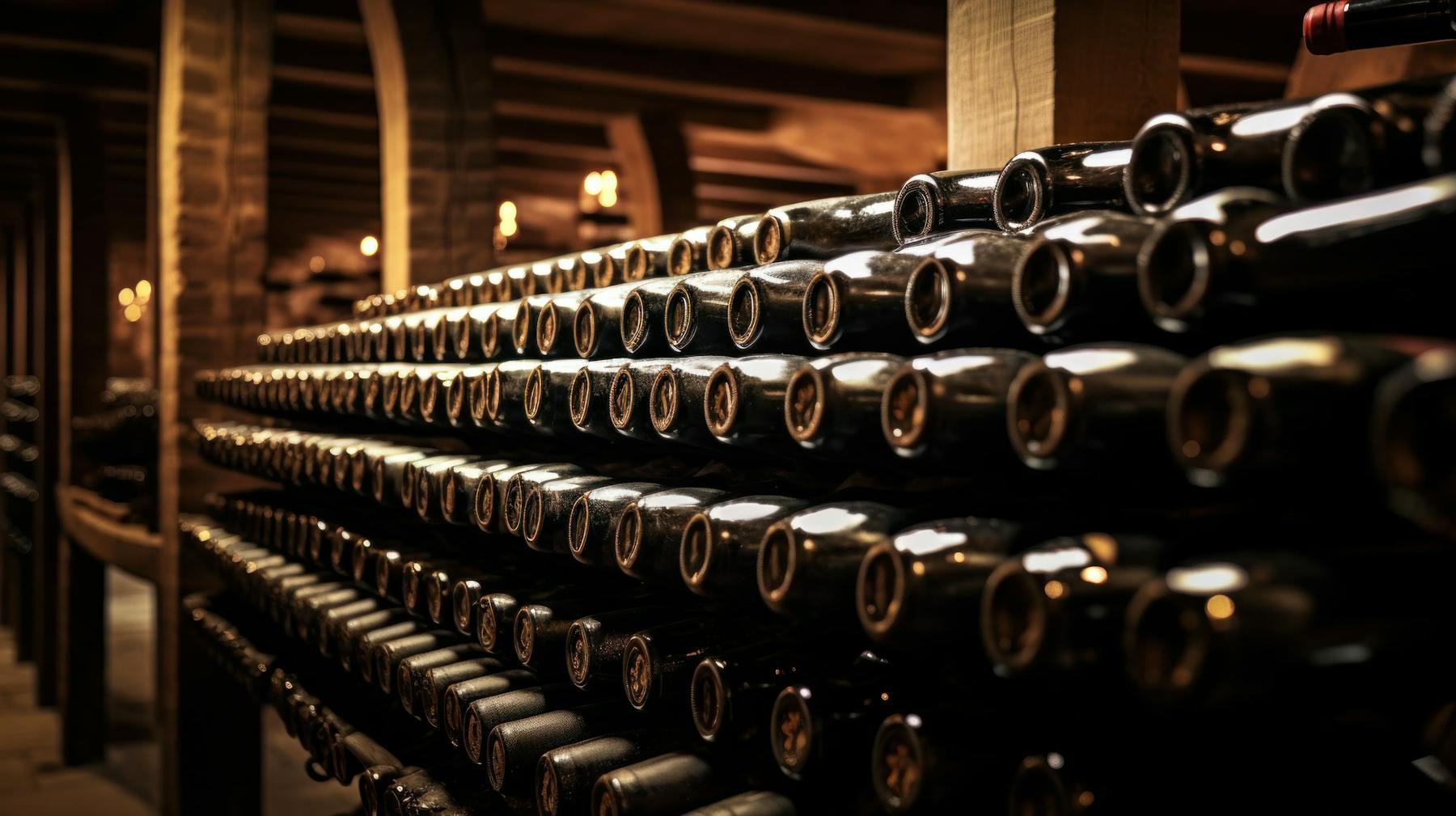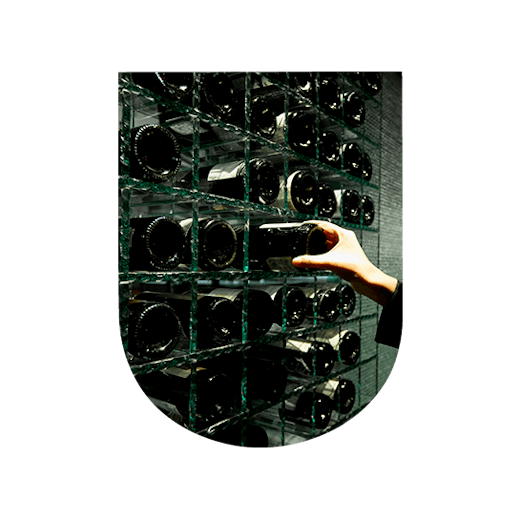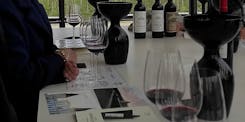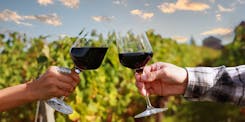- Wine world
How do you know if an En-Primeurs wine will age well?
- Thu, May 23, 2024 at 18:00

Getting to know the producer and the terroir
The name of the producer and the reputation of the wine-growing region are crucial indicators. Renowned estates, such as those for Bordeaux or Burgundy wines, are known for their long tradition of producing wines for laying down. In fact, a reputed producer generally has proven expertise, which increases the chances that the En-Primeurs wine will age well.
Consider the vintage
The vintage plays a decisive role in a wine's ageing potential. Some vintages are better suited to ageing because of favourable weather conditions. For example, the 2005, 2009 and 2015 vintages in Bordeaux are known for their ability to age well. We still recommend that you consult the vintage reports and expert opinions to assess the year's potential.
Our opinion on the 2023 vintage
Analysing wine composition
The grape varieties used and the composition of the wine also influence its ageing potential. Red wines with a high tannin content, such as those made from Cabernet Sauvignon, Merlot, Syrah or Nebbiolo, are generally better suited to ageing. As well as providing structure and complexity, tannins act as natural preservatives. For white wines, those with high acidity, such as Riesling or Chardonnay, have good ageing potential.
Examining vinification and ageing
The method of vinification and ageing used by the producer can give clues to the wine's ageing potential. Wines matured in oak barrels, for example, acquire additional tannins and complex aromas that develop favourably over time. Modern winemaking techniques, such as cold maceration or malolactic fermentation, can also influence the wine's ageing potential.
Tasting wine when it's young
Tasting an En-Primeurs wine, although young, can provide valuable information about its ageing potential. A well-balanced En-Primeurs wine, with a good tannic structure, sufficient acidity and aromatic concentration, has a good chance of ageing well. Take note of the primary aromas (fruit, flowers) and secondary aromas (spices, wood) which should evolve into tertiary aromas (leather, tobacco, truffle) over time.
Read reviews and opinions
Wine critics and experts often offer predictions about the ageing potential of En-Primeurs wines. Guides such as Robert Parker, Wine Spectator and Decanter publish detailed notes and comments on the En-Primeurs, based on tastings and in-depth analysis. These opinions can be invaluable allies in the decision-making process.
Getting accompanied
Choosing wines for the En-Primeurs is a process that requires support to ensure a sound investment and guaranteed pleasure for the palate. The wine market is complex and requires in-depth knowledge of vintages, estates and market trends. At U'wine, our Personal Shopper service is there to guide you through this process. Our wine experts offer invaluable advice on opportunities to seize, pitfalls to avoid and selection criteria to suit your preferences and budget. Thanks to this personalised support, you can not only maximise your chances of acquiring top-quality wines at attractive prices, but also build up a well-balanced cellar that reflects your image.
How do you know if an En-Primeurs wine will age well?
Investing in an En-Primeurs wine in the hope that it will age well is an exercise that combines passion, knowledge and intuition. By informing yourself about the producer, the vintage, the composition, the winemaking techniques and by tasting carefully, you can increase your chances of selecting an En-Primeurs wine that will improve over time. Finally, don't forget to follow the advice of the experts to guide your choices and to be accompanied by professionals, without forgetting to enjoy yourself.




